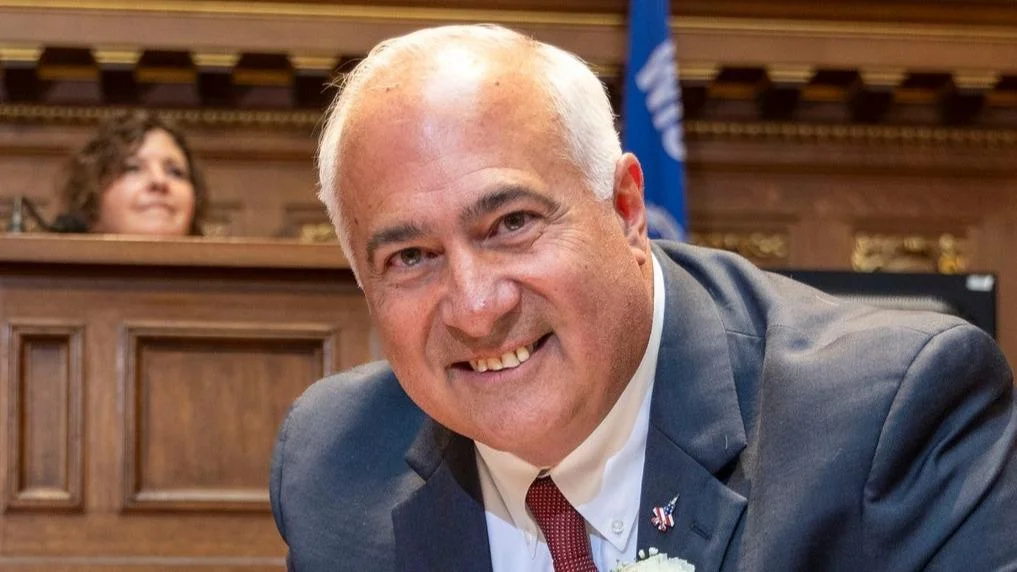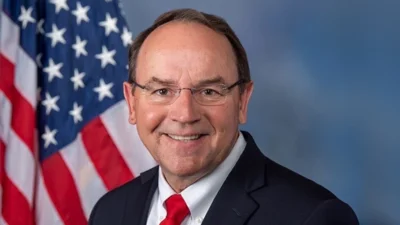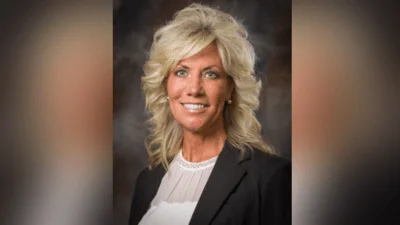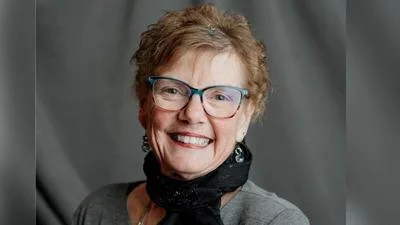John Spiros, Wisconsin State Representative for 86th District | www.facebook.com
John Spiros, Wisconsin State Representative for 86th District | www.facebook.com
According to the Wisconsin State Legislature's official website, the bill was described as follows: "license eligibility and restriction extensions relating to ignition interlock devices".
The following is our breakdown, based on the actual bill text, and may include interpretation to clarify its provisions.
In essence, this bill amends existing statutes regarding ignition interlock device (IID) requirements for individuals with operating while intoxicated (OWI) offenses. It mandates a 180-day extension of IID restrictions for each occurrence of three or more violations within a 60-day period, tampering or attempting to circumvent the IID, or unauthorized removal of the IID. The bill also eliminates the waiting periods for obtaining an occupational license for first refusal offenses and subsequent OWI offenses, allowing application upon IID installation. The Department of Transportation is tasked with developing an electronic system for IID providers to report usage and violations in real-time. The legislation is set to become effective on enactment.
The bill was co-authored by Senator Van H. Wanggaard (Republican-21st District), Representative Deb Andraca (Democrat-23rd District), Representative Robert Brooks (Republican-59th District), Representative Barbara Dittrich (Republican-99th District), and Representative Joy L. Goeben (Republican-5th District). It was co-sponsored by Senator Dan Feyen (Republican-20th District), Senator Rob Hutton (Republican-5th District), and Senator Chris Larson (Democrat-7th District), along with 12 other co-sponsors.
John Spiros has co-authored or authored another 28 bills since the beginning of the 2025 session, with none of them being enacted.
Spiros graduated from Metropolitan Community College in 1985.
Spiros, a Republican, was elected to the Wisconsin State Assembly in 2013 to represent the state's 86th Assembly district, replacing previous state representative Jerry Petrowski.
In Wisconsin, the legislative process starts when a senator, constituent, group, or agency proposes an idea for a bill. After drafting, the bill is introduced, numbered, and referred to a committee for review and public input. If approved, it moves through three readings and votes in both the Senate and Assembly. Once both chambers pass the same version, the bill goes to the governor, who can sign it, veto it, or let it become law without a signature. Only a small share of bills introduced each session ultimately become law. You can learn more about the Wisconsin legislative process here.
| Bill Number | Date Introduced | Short Description |
|---|---|---|
| AB258 | 05/19/2025 | License eligibility and restriction extensions relating to ignition interlock devices |
| AB23 | 02/07/2025 | Establishment of a Palliative Care Council. (FE) |
| AB10 | 02/06/2025 | A sales and use tax exemption for the sale of gun safes. (FE) |





 Alerts Sign-up
Alerts Sign-up